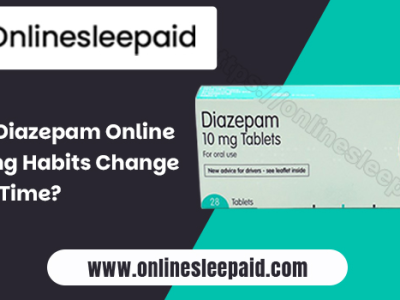In today’s connected world, requesting medical certificates online has become increasingly common. These digital documents offer convenience when you need proof of illness for work or school absences. However, sharing personal health information over the Internet comes with privacy risks that many people overlook. Protecting sensitive medical data requires careful consideration and proactive steps to secure your information.
Digital security fundamentals
Before submitting any personal health information online, verify your device security. Using public Wi-Fi networks when accessing health services creates significant vulnerabilities. Hackers can intercept data transmitted over unsecured networks, potentially capturing your medical details, identification information, and payment data. Always use a private, password-protected network connection when requesting medical documentation.
Your device itself should have updated security software installed. Regular updates patch known security vulnerabilities that could otherwise be exploited. Password managers can generate and store complex, unique passwords for each health service you use, reducing the risk of credential theft across multiple services.
Personal information management
When filling out online medical certificate requests, practice information minimalism:
- Provide only the required information fields marked as mandatory
- Question requests for unnecessary details not directly related to your medical certificate
- Use alternate contact information when possible (such as a secondary email address)
- Avoid services that request excessive personal details beyond what’s medically necessary
Many online medical services store more information than needed. Before proceeding, carefully review what data they collect and how long they retain it. Your date of birth, address history, and detailed medical background should only be shared when necessary for certificate verification purposes.
Verifying service credibility
Legitimate medical certificate providers maintain clear privacy policies and secure websites. Look for HTTPS encryption (indicated by a padlock icon in your browser’s address bar) and privacy certifications on their websites. Research the provider’s reputation through independent review sources and verify they have proper medical accreditation.
The privacy policy should state how your information will be used, stored, and potentially shared. Avoid services with vague policies or those that claim the right to share your data with unnamed “partners” or “affiliates” without your explicit consent.
Trustworthy provider selection
Many peoples needing quick documentation for medical certificate online check nextclinic.com.au/medical-certificates-online among other reputable telehealth services prioritising patient confidentiality. When evaluating any provider, verify their doctor credentials, data protection measures, and certificate acceptance rates with employers and schools.
A trustworthy provider will have clear information about the doctors who review your case, transparent pricing without hidden fees, and straightforward explanations of how they protect your data. They should also provide secure methods for certificate delivery rather than sending unencrypted documents via email.
Secure communication channels
The method used to communicate with healthcare providers significantly impacts your privacy. Secure patient portals offer encrypted environments for sharing symptoms and receiving documentation. These systems typically require multi-factor authentication and limit access to authorised personnel only.
Avoid providers who conduct consultations through standard email or unsecured messaging apps. Your medical details should never be transmitted through these vulnerable channels where data breaches could expose sensitive information to unauthorised parties. Familiarise yourself with health information privacy laws in your region. Many countries have specific regulations governing medical data protection, giving you rights regarding how your information can be used and shared. The Privacy Act and Australian Privacy Principles provide essential protections for health information in Australia.








Comments